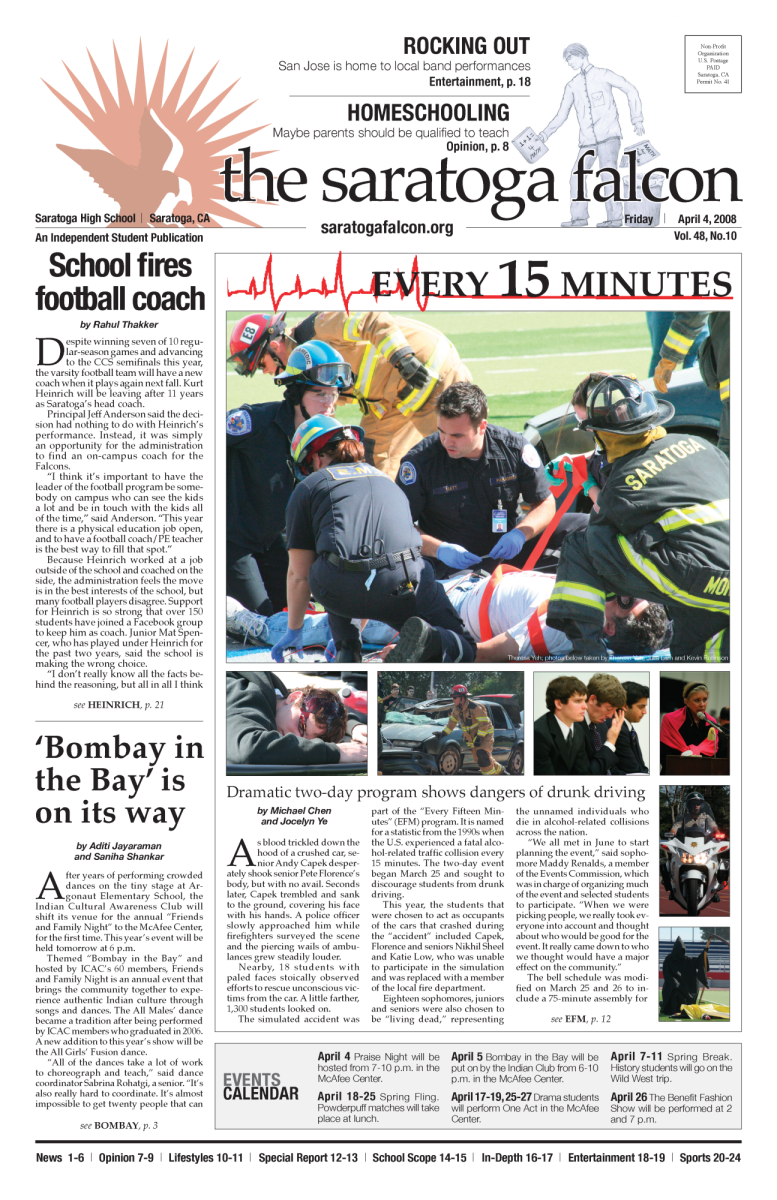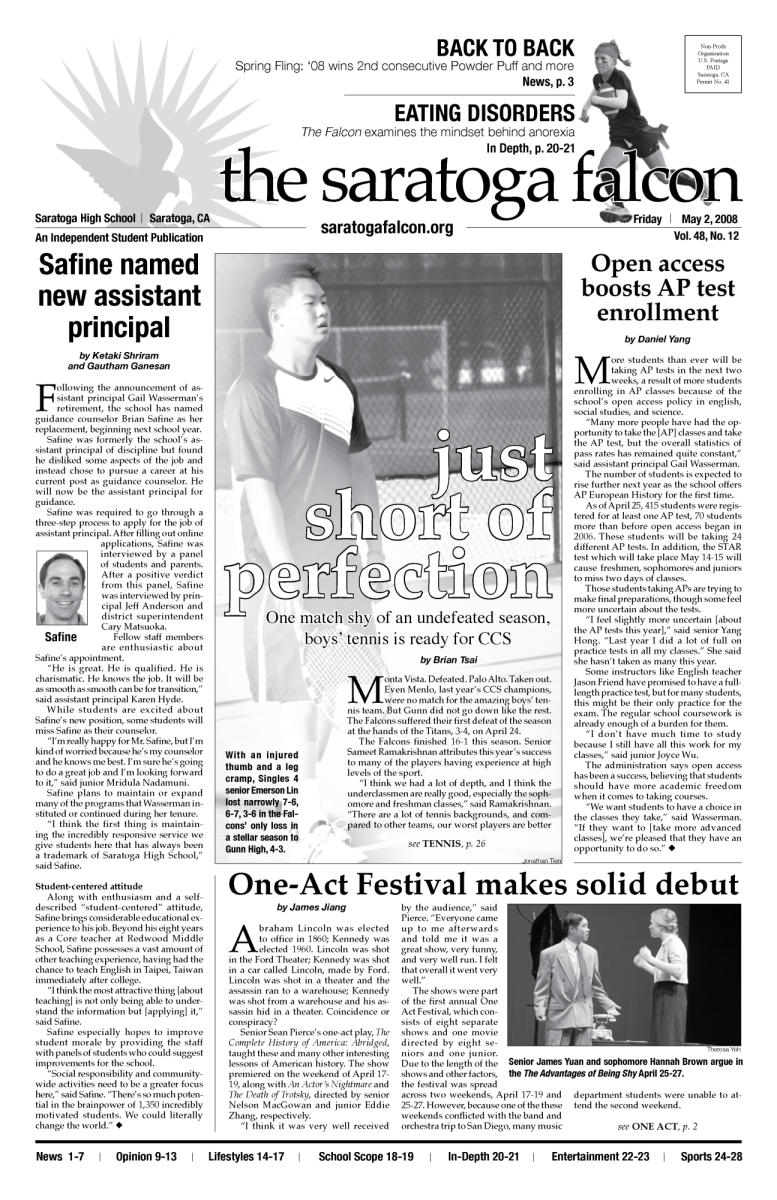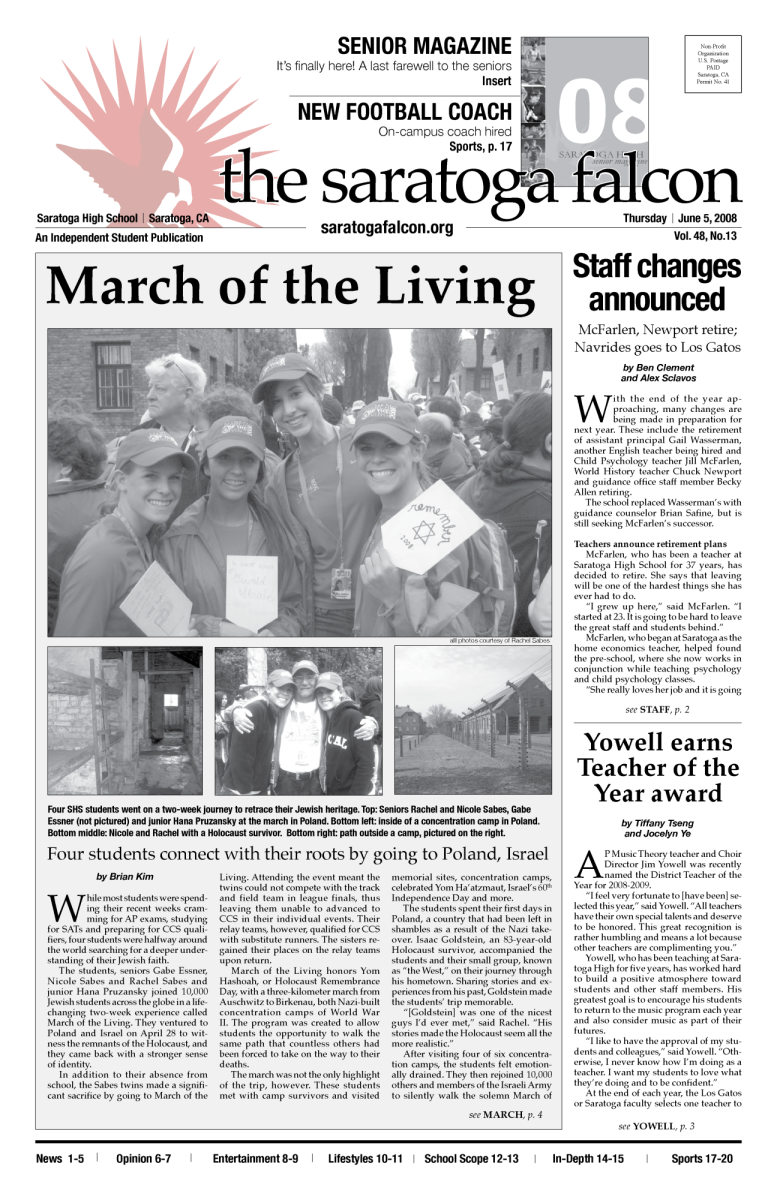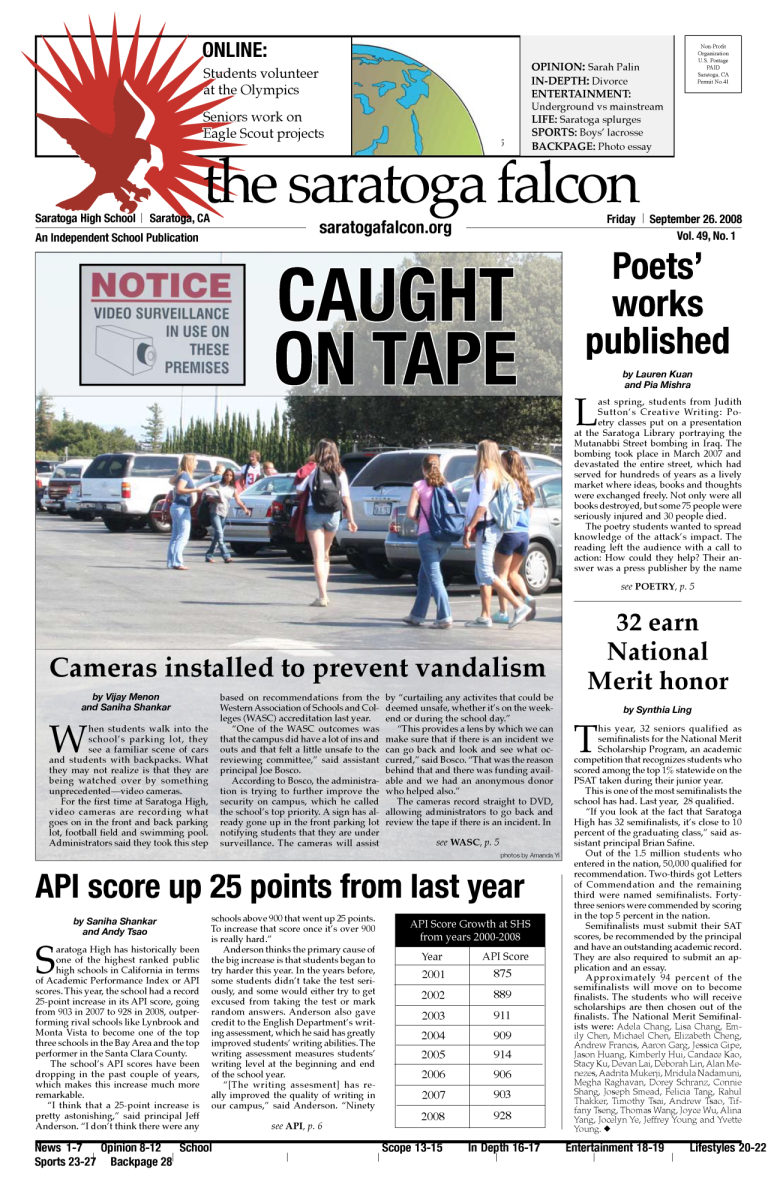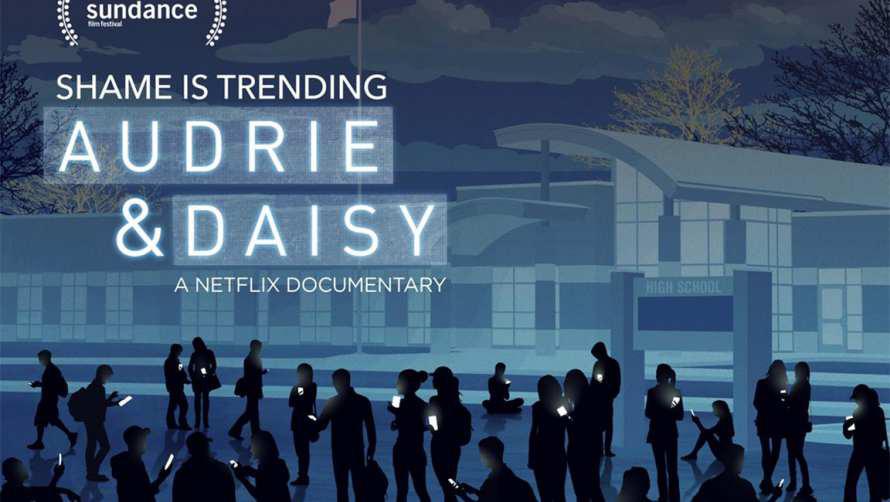“The class of 2015 awards an honorary diploma to Audrie Taylor Pott.” These words rang through the football field on graduation day in June 2015, nearly three years after Audrie committed suicide on Sept. 12, 2012, after she had been sexually assaulted by three boys she considered friends while passed out at a drunken Labor Day weekend party.
Those boys took nude cellphone photos of her that were later shared with other students. Through Audrie’s Facebook conversations with both her friends and her perpetrators, the documentary makes clear the fear and anguish that Audrie felt when she decided to take her own life.
Now, four years after her suicide and more than a year after the members of her class graduated, the Saratoga community is once again reminded of its loss in the documentary “Audrie and Daisy,” which was shown at the 2016 Sundance Film Festival in January and released on Netflix on Sept. 23.
The documentary focuses on the stories of Audrie and Daisy Coleman, who was sexually assaulted by a group of male athletes in January of 2012 as a 14-year-old at Maryville High School in Maryville, Mo. The assault occurred when Coleman had been drinking and was passed out; it was recorded on video by one of the boys. Afterward, Coleman and her family endured harassment both on social media — where Daisy was called a “skank,” saying she was “asking for it” — and in-person — including the never-solved burning of her family’s house.
The first part of the film includes the court testimonies of Audrie’s assaulters, in addition to interviews with Audrie’s parents and her best friend Amanda Le, who graduated in 2015 and now attends De Anza College.
As part of the civil settlement with Audrie’s family, the boys involved in the assault agreed to speak about their wrongdoings in the documentary (though their identities were concealed).
In the documentary, one perpetrator said he knew what happened was not right and that he “didn’t mean for there to be any harm in it, other than a practical joke.”
Le said the producers portrayed Audrie’s story in a “pretty raw” manner, focusing on not only the victims themselves, but also the collateral damage on their families.
“That's what makes it so important,” Le said when contacted by the Falcon through Facebook messenger. “It makes people think twice about their actions and how they can completely change somebody's life.”
But since the incident occurred in 2012, the students who were attending Saratoga High School at the time of the incident have graduated.
Junior Varun Meduri noted that not all current students is aware of the entire story and how severe and troubling it was.
“What occurred is really shocking and disturbing and to think that students would do this to their peer is disturbing,” Meduri said. “The fact that this happened at a place like Saratoga really shows that incidents like these are frequently happening in other places as well.”
Assistant principal Kerry Mohnike called 2012 and 2013 a “very trying time.”
“We as a school were terribly saddened and dealt with the emotional trauma to her friends on a seemingly daily basis the first few months,” Mohinke said. “Families were impacted in numerous ways — even ways we don’t fully know or understand.”
Still, Mohnike hopes that after watching the documentary, current students will realize that they should find someone to talk to if they ever feel isolated or trapped in the way Audrie did.
Besides interviews with those involved in these incidents, the film also features candid scenes of life at Saratoga High, using clips of students walking in the quad, cheerleaders chanting on the track and football players running across Benny Pierce Field.
Sophomore Kaitlyn Lee said that although she did not know Audrie, the fact that the incident involved students from a school like Saratoga High underscores the widespread nature of the sexual assaults.
“As a sophomore myself, it’s crazy to think that Audrie had to endure something so horrible at my age,” Lee said. “It’s scarring to think that people at our own school were involved in a horrible incident like this.”
Lee found herself connecting with Audrie’s story even more in one specific clip that documented Audrie’s Facebook message exchange.
The message, which was from one of Audrie’s perpetrators under with the pseudonym John R., read: “Audrie this will blow over before the weeks [sic] over … You know Saratoga people make a big deal for a week … and then forget about it.” To this, Audrie replied, “u [sic] have no idea what it’s like to be a girl.”
Junior Valerie Yang thinks the film not only brings attention to the effects of slut-shaming or victim blaming, but it also encourages women to speak up about their own sexual assaults. In the process, serial predators are more likely to be caught earlier.
Le said the film also emphasizes the importance of being responsible with technology.
“It’s important for parents to teach their children how to handle technology and social media responsibly since it’s such a feature of modern life,” Le said.
According to Le, while many other Saratogans may have forgotten this incident in the years since it happened, she has never forgotten about her friend. Le said Audrie still remains in her thoughts and in her heart to this day, and probably always will. When Le thinks of her now, she remembers her fondest memories with Audrie.
“Whenever I watch the documentary, I always get emotional watching the part where I talk about our friendship because it's a reminder that I'll never get to see her again,” Le said. “I can't help but feel like we would've still been best friends today if she was still here, but because of what happened, that can never be a reality.”
Le hopes current Saratoga students and high schoolers generally will pay more attention to the widespread issue of sexual assault.
“It's time to stop avoiding this topic just because it's uncomfortable,” Le said. “Boys need to be taught to respect women and view them with equality. Somebody's gender should not define how much respect they deserve; we all deserve equal respect.”
























